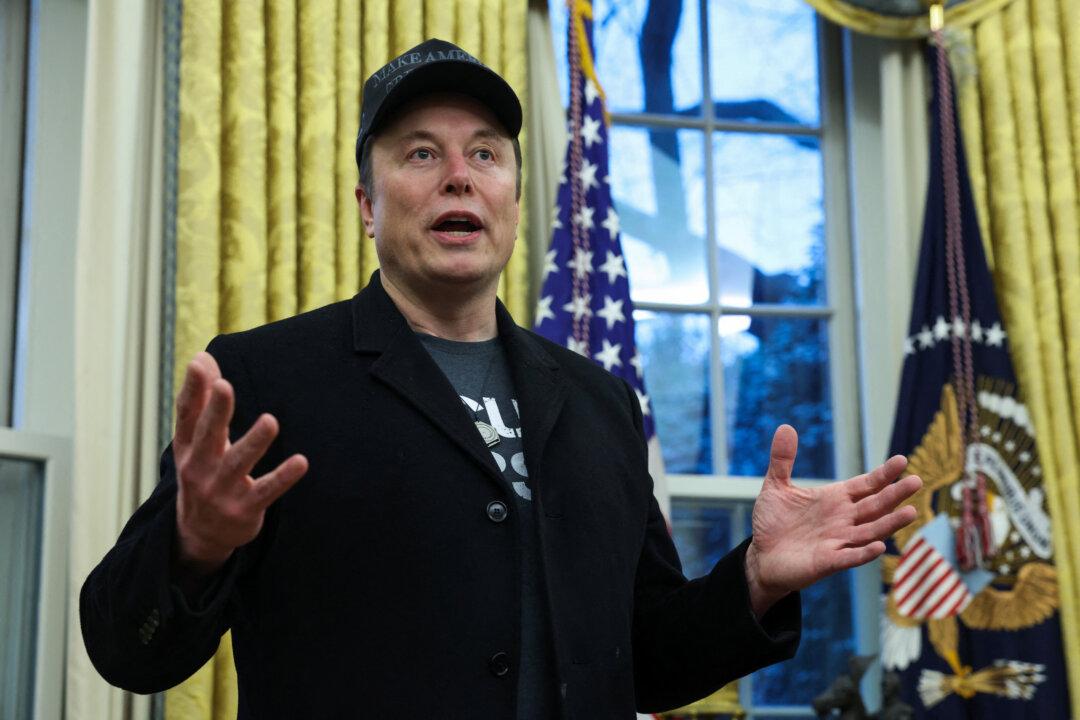Commentary
A major moment for the new Trump administration came in its first week, when the employees of the Department of Government Efficiency (DOGE) gained access to the Treasury Department’s payment systems. They could not change anything. They could only look at what was happening, provide new mappings, and generally figure out what was going on behind the scenes.





